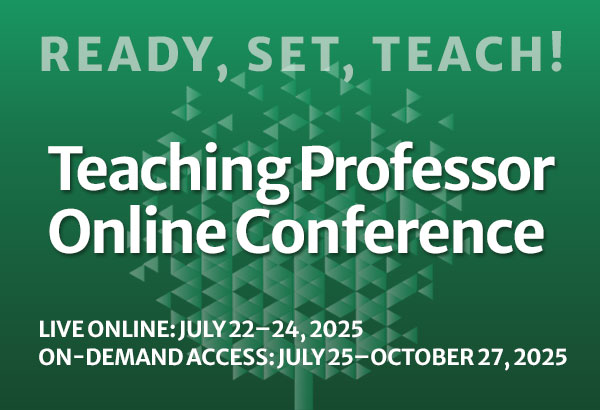How the Heck Do You Do Service-Learning Online?
Service-learning has been used extensively in health professions education. However, there has been limited use of service-learning in the online learning environment due in part to the difficulty of managing the community aspects of this pedagogy. Kettering College has implemented service-learning in an online program



